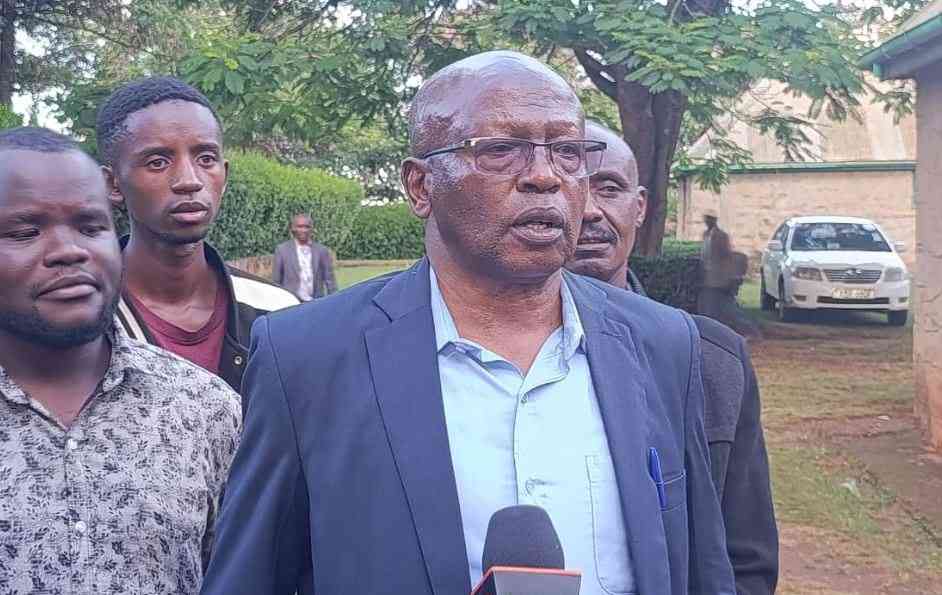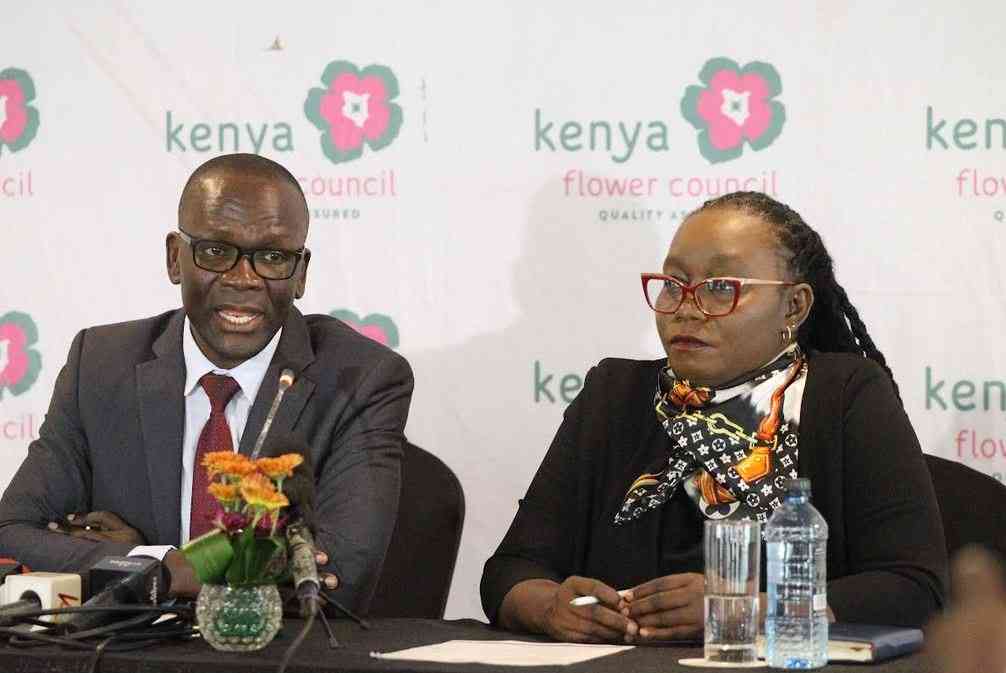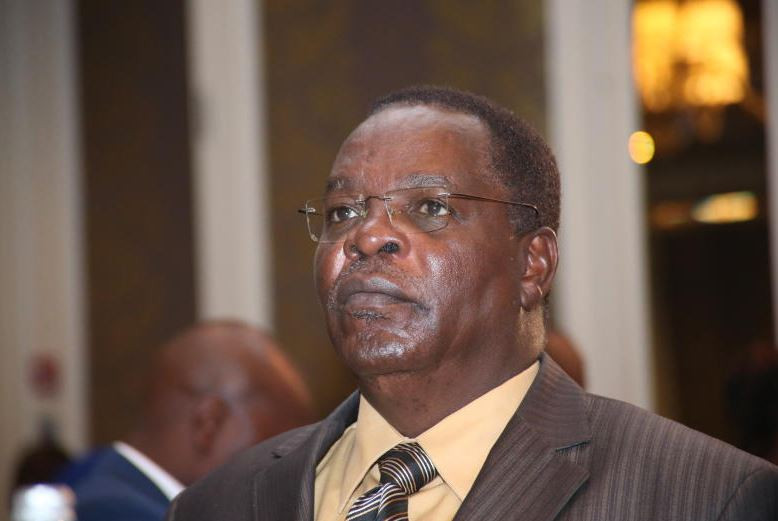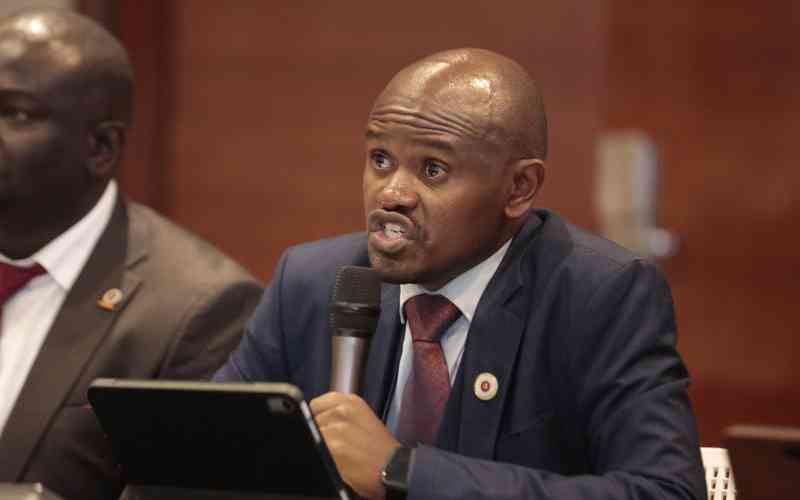×
The Standard e-Paper
Read Offline Anywhere

The Finance Bill 2024 sailed through the second reading in Parliament on Wednesday, June 20, with 204 Members of Parliament voting in favour of the Bill and 115 opposing it.
The Bill will now proceed to the Committee of the Whole House stage. Here, the committee will go through it clause by clause.








